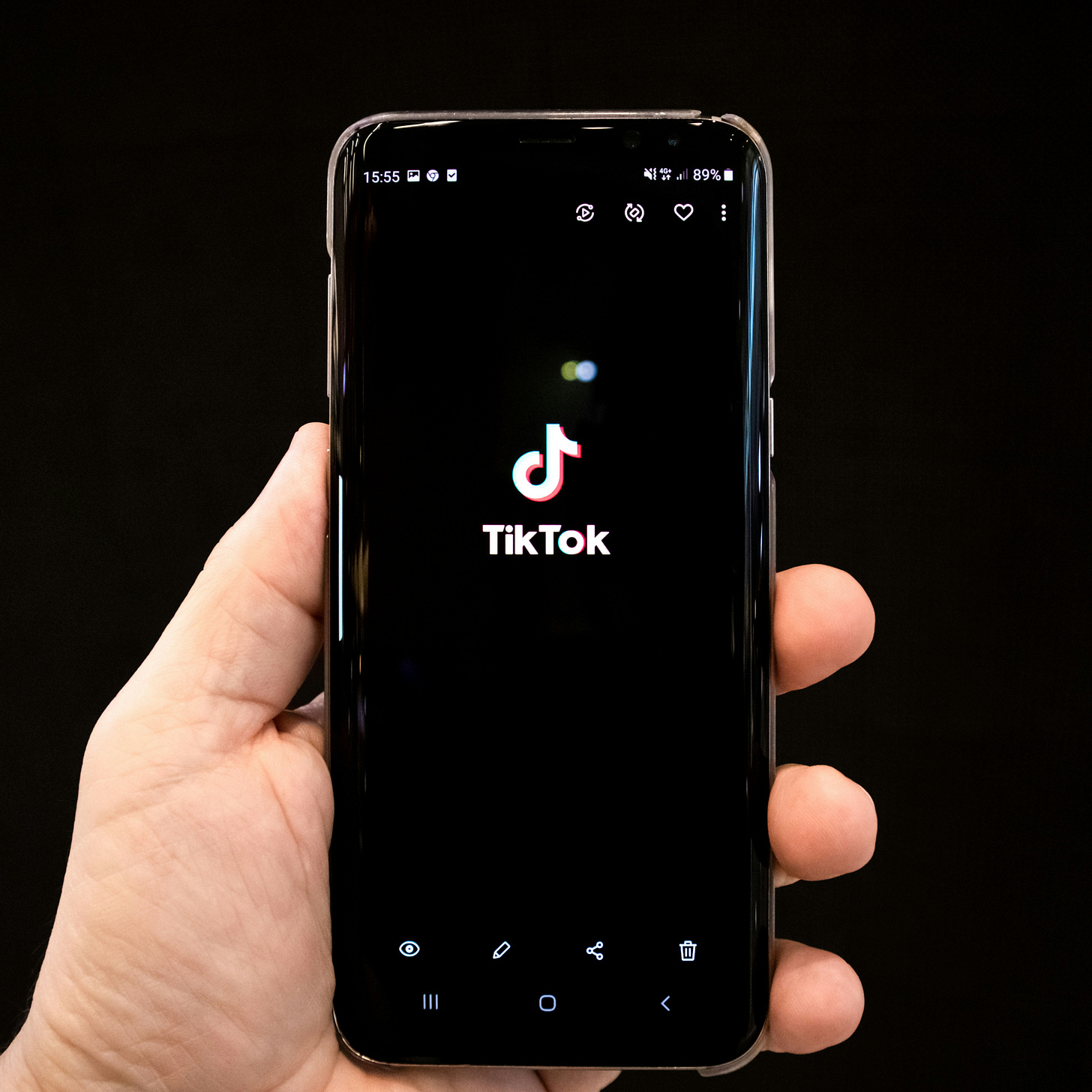Anger At The Temp TikTok Shutdown Wasn't 'Unnecessary Hysteria'
Online spaces for science and environmental justice are dwindling.

TikTok was down from Saturday evening, the 18th of January and was restored Sunday afternoon the 19th of January.
Creators big and small gave their often tearful goodbyes before the app went dark. Mine stopped uploading at 10:31 on the dot. I went for a walk on Sunday afternoon and it was back up before 3 p.m. EST.
The anger and hurt at seeing TikTok go dark for the United States was not “hysterical” or unnecessary. This app contributed billions to the U.S. economy, it has boosted careers, and visibility for so many small businesses that have gone viral. I’ve seen people create video series about paying off tens of thousands of dollars of debt with the support and help they’ve gotten in the comments.
I downloaded the app in early 2020 and forgot about it. I logged in soon after lockdown. I was laid off in a 5 minute Slack call on a Friday the 13th. I had a medical emergency and had to move back into my family’s place. I wrote about it for CNBC and AARP.
Scrolling on TikTok was a way for me to survive the emotional turmoil of that time. The algorithm brought me to people who made content about science communication and climate change education. This encouraged me to apply to a fellowship at Grist which allowed me to learn more about climate and science reporting.
I don’t know if I would have kept writing has it not been for the encouragement I found on TikTok. There is a pretty sizable number and interconnected community of environmental justice and climate science creators that have dedicated their platforms to sharing everything from conservation work to breaking news. That community has been the sourcing to several articles including this article about having a low-buy and lower waste holiday season.
It felt a lot like the community and information sharing that I had seen on other social media websites pre-decline. Before Twitter went to the birds, it was an amazing reporting resource. I followed climate scientists and fellow journalists and educators. The app that was once a an online community for scientists and climate educators is now a cesspool. Scientists have fled that digital space, citing harassment and rising right-wing ideologies.
The app was also a vital tool during extreme weather emergencies. Government agencies often gave live updates that I used in my reporting. People near a disaster zone were able to upload videos and photos that were used to verify timelines during disasters. Accounts like the National Weather Service now have limited posts, which has made the platform less of a resource for climate resilience.
Facebook is no longer fact-checking. I work as a freelance fact-checker for several publications. Here’s one very long investigative article about palm oil in South America that I worked on for most of November and December. Saying that an incorrect detail happens to be wrong is not stifling freedom of speech, but the powers that be stupidly seem to think so.
To be fair, TikTok is not the best place for media literacy. There’s a lot of misinformation to be debunked, even from well intentioned creators and online activists. Just because someone is interested in a cause doesn’t always mean that they are well versed in it. But the science and climate discourse is vital for keeping ourselves and each other informed for what’s to come, and for what has already happened on the first day of the current administration.
I don’t know how long we’ll have that platform, and I’m not going to speculate until I see press releases directly from the company itself. But I know that I will continue to engage in climate change and community resilience conversations, especially as an administration that has a track record of rolling back environmental protections.
I hope all of you join these conversations too.

